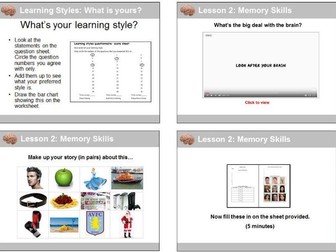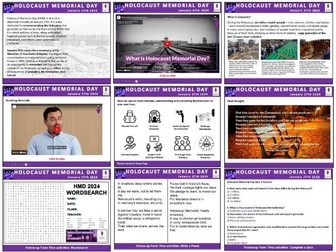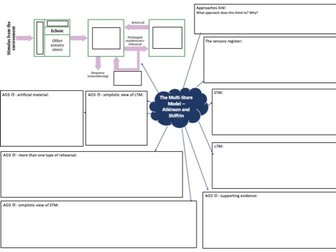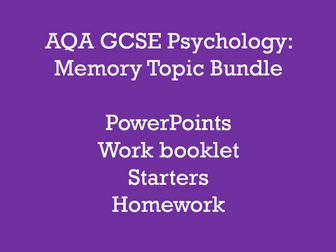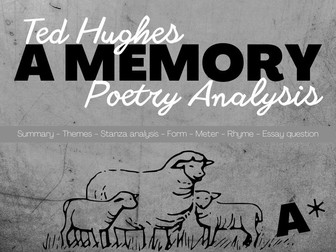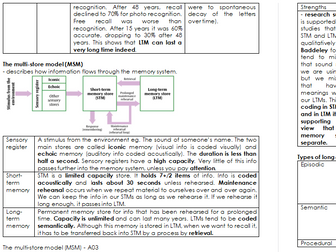
Holocaust Memorial Day Assembly
This assembly resource has been created with KS3 and KS4 secondary students in mind to be delivered on Holocaust Memorial Day (27th January). This resource has been created on Microsoft Powerpoint Teacher Notes have been added to the notes section underneath each relevant slide on the Powerpoint to support with the delivery of the content. I am a history teacher and the content of this assembly resource is an extension of a type of activity that I would deliver to my history students when teaching the holocaust.
This assembly resource offers a brief exploration using skills of inference of a historical artefact and relies upon student contributions through teacher questionning. A link to a Youtube video has been provided as part of this resource (please ensure you have access to youtube prior to use) This resource also makes reference to the 2024 Holocaust Memorial Day theme of ‘Fragility of Freedom’.
The utmost care has been taken to ensure this resource has been created with the utmost respect to the victims of the holocaust and to ensure that students have the opportunity to connect and empathise to the human beings to whom the attrocities of the holocaust were committed. There a no images or corpses in this resource - however the murder of victims is discussed.
I really hope you enjoy delivering this assembly and that your students find it engaging and valuable. If you are able to leave a review once you have taught it, I would be really grateful.
Teaching Holocaust in history? Check out lessons from my scheme of work!
Lesson 1: Ordinary Things
Lesson 2: Challenging stereotypes

